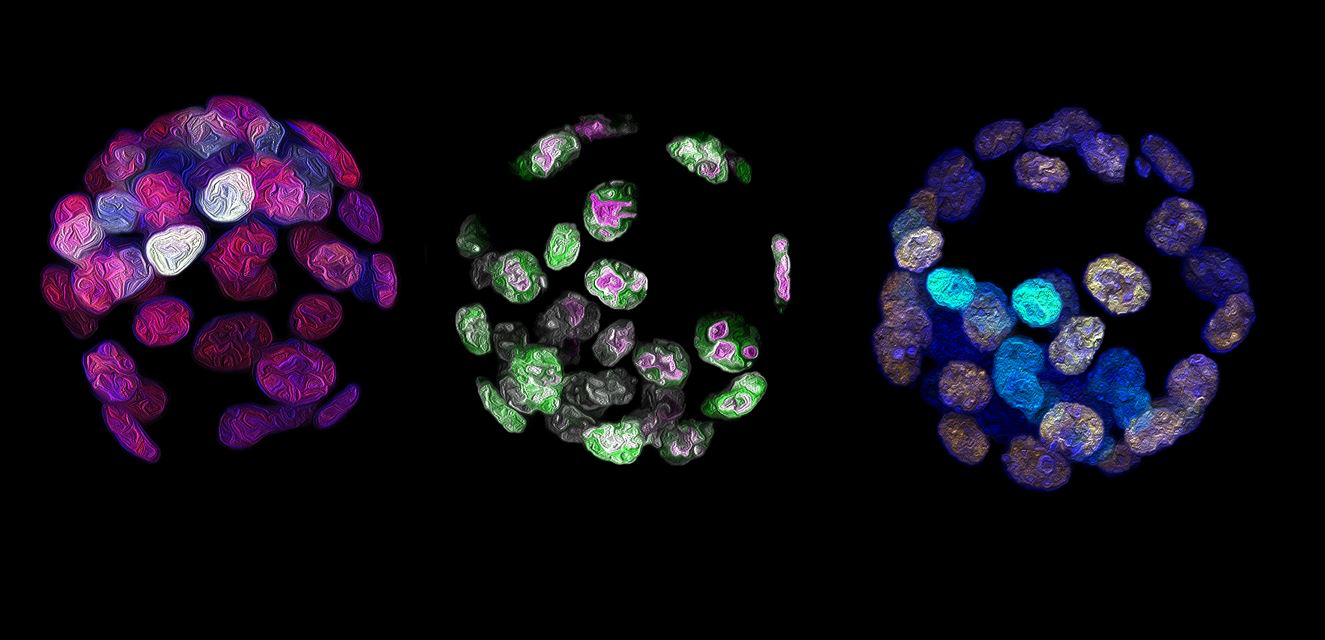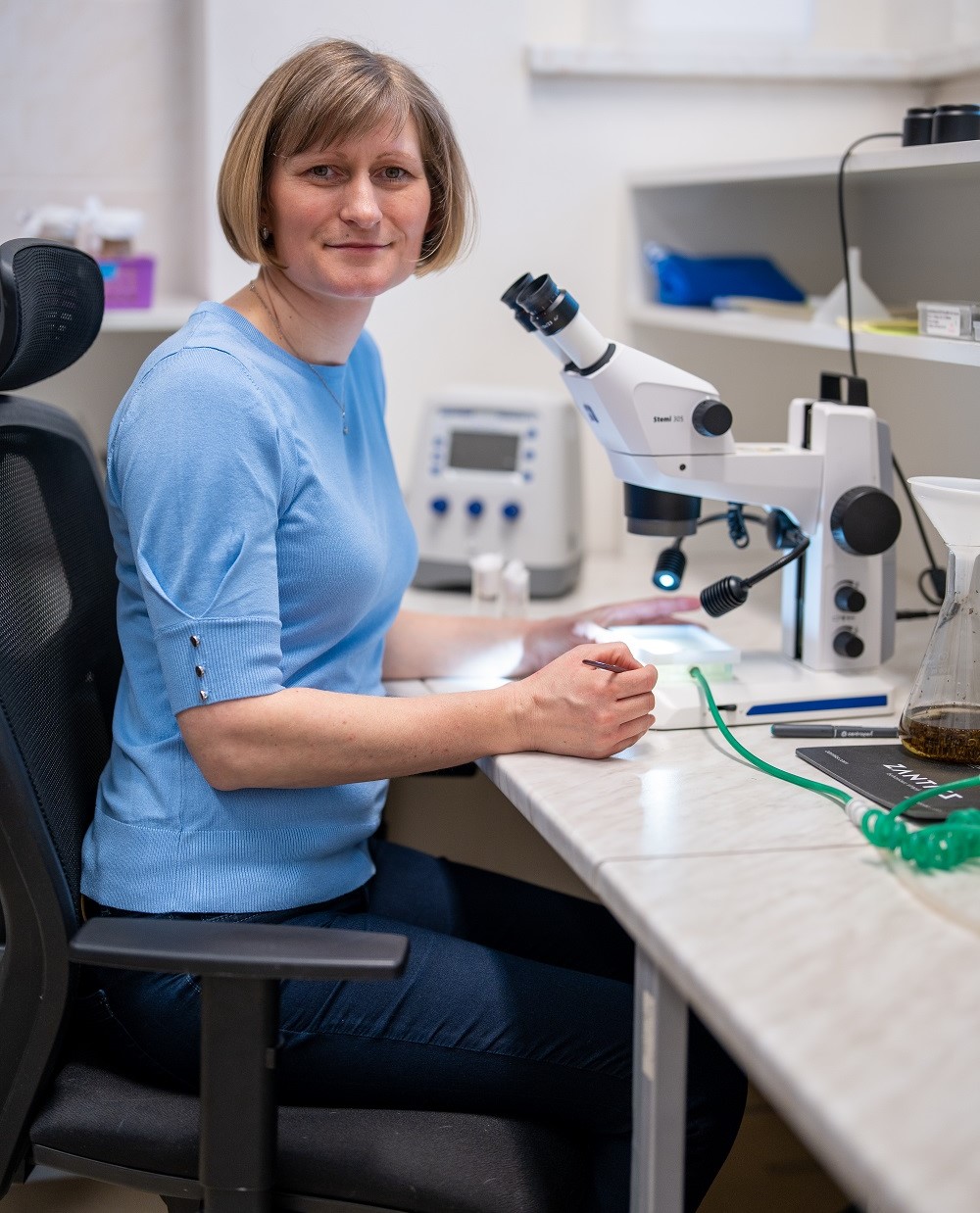Achievments

Department of Molecular Biology and Genetics
Achievments
06/09/2023
Michaela Fencková from the Faculty of Science of the University of South Bohemia became a member of the prestigious multidisciplinary international network of scientists FKNE.
Read more: https://fenskavlinetwork.org/press-release-fkne2023/
01/06/2023
Peter Nguyen's group has elucidated the role of sequence repeats in the location of ribosomal DNA in butterfly genomes.
This helps us to understand the mechanisms of genome reorganisation during evolution and the emergence of new species.
Full article: https://academic.oup.com/.../10.1093/gbe/evad090/7179266...
18/05/2023
Michaela Fencková has won the L´Oreal Women in Science Award for her work on fruit flies.
Photo: L´Oreal-UNESCO for Women in Science
Source: https://vedavyzkum.cz/z-domova/z-domova/17-rocnik-l-oreal-unesco-pro-zeny-ve-vede-zna-tri-nove-vitezne-projekty?fbclid=IwAR0bG66szOWPTviMlnheXZIVHbpNDwGmZq-HVcv7Jcx9Qv1RfbV9nSB4qJc

27/03/2023
Alena Bruce Krejčí in Trends in Parasitology.

09/03/2023
🏆 DEAN´s AWARD - Mgr. Václav Brabec
"In silico and functional analysis of clock component timeless-m" defended in the field of EXPERIMENTAL BIOLOGY
🏆 RECTOR´s AWARD - Mgr. Mgr. Monika Hrubá
for outstanding results in her studies in the follow-up Master's degree programme N1501 BIOLOGY
24/02/2023
31/01/2023
Success Squared 👏 Cover image of the current issue of Nature by the team Leoš Valášek, Zdeněk Paris a Julius Lukeš.

11/01/2023
Amazing success from the lab of Julius Lukes and Zdenek Paris by our PhD student Ambar Kachale 🥳
The solution to the genetic mystery has been published in the prestigious scientific journal Nature.
https://www.nature.com/articles/s41586-022-05584-2?fbclid=IwAR27h7jBKhi-Hcu-tPjugeApeosP728vm1zios5U3yob2zgdCXayCO2FGhw
- Hits: 18273